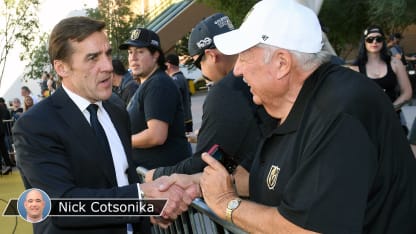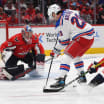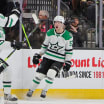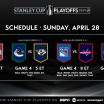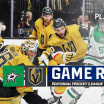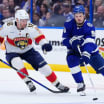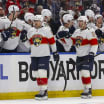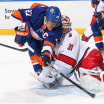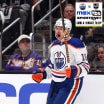The 2017-18 NHL season has passed its midway point and the 2018 NHL Trade Deadline on Feb. 26 is less than six weeks away. With that in mind, NHL.com is sitting down this week with some of the biggest names in the game. Today, Vegas Golden Knights general manager George McPhee talks about his team's successful first half and what that means for the rest of the season.
LAS VEGAS -- At about the halfway point of the Vegas Golden Knights' inaugural season, amid the excitement of their record-setting start, general manager George McPhee and his staff gathered …
McPhee, Golden Knights keeping their heads in game
GM won't rest after Vegas' accomplishments in first half of inaugural season
